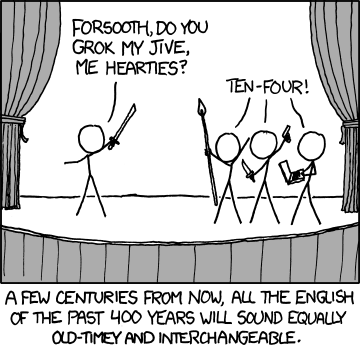The continuing story of police harassment of peaceful photographers has still not come to a middle:
The Metropolitan Police Force cannot be guaranteed to abide by the law when it comes to allowing the public their right to take photographs.
That was the startling admission made last week by Met Police Commissioner John Stephenson under sharp questioning from Liberal Democrat London Assembly Member Dee Doocey during a Police Authority Meeting on 22 July in City Hall. Video footage of the exchange is available on the Metropolitan Police Authority site, with relevant footage from around the 68 minute mark.
[. . .]
He admitted that he was aware of a recent disturbing incident that took place in Romford, which according to Doocey represented “eight minutes of two of your officers intimidating somebody”.
She continued: “At one stage they say that they don’t need a law to stop them photographing, but much more worrying, they don’t need a law to take them away. It’s not a question in my view of . . . It’s so serious that it don’t think it should be somebody giving them words of advice and I don’t also agree with you that it is a question of officers using their discretion.
“This was very black and white: Two of your officers who, despite the fact that I know you have given them guidelines because I have a copy of it, who totally disregarded them and were either so completely ignorant of the law, or decided to ignore the law — they were just going to say they knew the law better than the person they were talking to — they were very seriously intimidating. I find it quite worrying that I don’t think you are taking this quite as seriously as I think you should be.”
In short, the powers-that-be have grudgingly acknowledged that photographers do indeed have the right to take photos unmolested by PC Plod, but admitted that it’s still not actually been properly communicated to Plod and the other coppers on the beat.
We asked the Met for official comment as to why, despite the numerous efforts made by Assistant Commissioner John Yates and other serving officers to get the message about photography across, such incidents kept occurring. They suggested that these incidents were a very small part of the whole story of London policing, that to expect zero incidents was unrealistic, and that when such incidents occurred, they tended to be blown up out of all proportion by the press.
An alternative explanation, suggested to us by current and recently serving police officers with whom we have spoken, is that such incidents represent a far more disturbing aspect of police culture. They suggest that a small minority of officers see the law as being “what they say it is”, and these officers are quite prepared to take their chances, on the basis that the number of times they will be caught out by being recorded is likely to be few and far between.
It’s almost as if the police are sublimating their frustrations with the out-of-control but politically favoured members of certain religious groups and instead victimizing members of the public who don’t have political favour.




